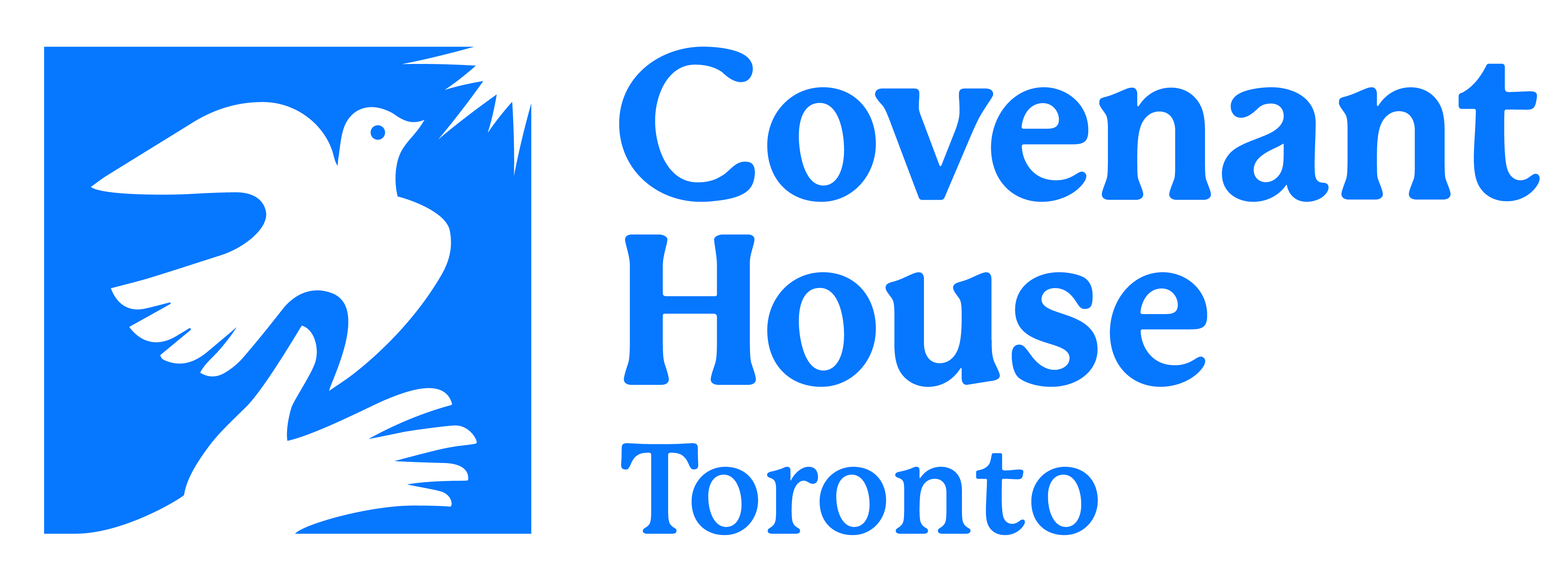The term “advocate” relates to the public support or recommendation of a particular cause or policy. In the context of anti-trafficking, advocacy relates to supporting the best interests of individuals who are at-risk, or have experienced sexual exploitation or trafficking, and providing them with case management support.
Role of the advocate
We are committed to absolute advocacy to support a survivor. Using our skills of engagement we help survivors identify their needs and goals through an open lens without judgment or prejudice.
Responsibilities of advocates
We recognize needs differ among survivors and the capacity of an agency can similarly vary. For this reason, rather than prescribing what the role of the advocate should be, below we will describe what an advocate’s work may look like and offer practices we’ve learned to be valuable in navigating this field.
Developing relationships and trust
Providing flexible support
Using technology for a better connection
Safety planning
Case management
Providing support externally
Covenant House advocates
Consistently engaging with survivors and building the relationship is foundational to the role of an advocate. This often involves just touching base and connecting with survivors to see how they are.
Below are some examples of activities the advocates at Covenant House are involved in:
- Active case management for a high-volume caseload. This includes:
- Preparing and sharing case notes and planning updates with appropriate programs and partners.
- Providing counselling support to youth through a trauma-informed framework.
- Preparing and supporting youth through legal proceedings, including accompanying them to court.
- Assisting youth through immigration/refugee processes as required.
- Facilitating family engagement where appropriate.
- De-escalating crises in situations of physical confrontation, and navigating medical and psychiatric emergencies for youth who have recently experienced trauma.
- Supporting staff in identifying survivors in programs and in the community, and acting as the primary contact for survivors.
- Facilitating and creating community workshops, presentations and consultations.



